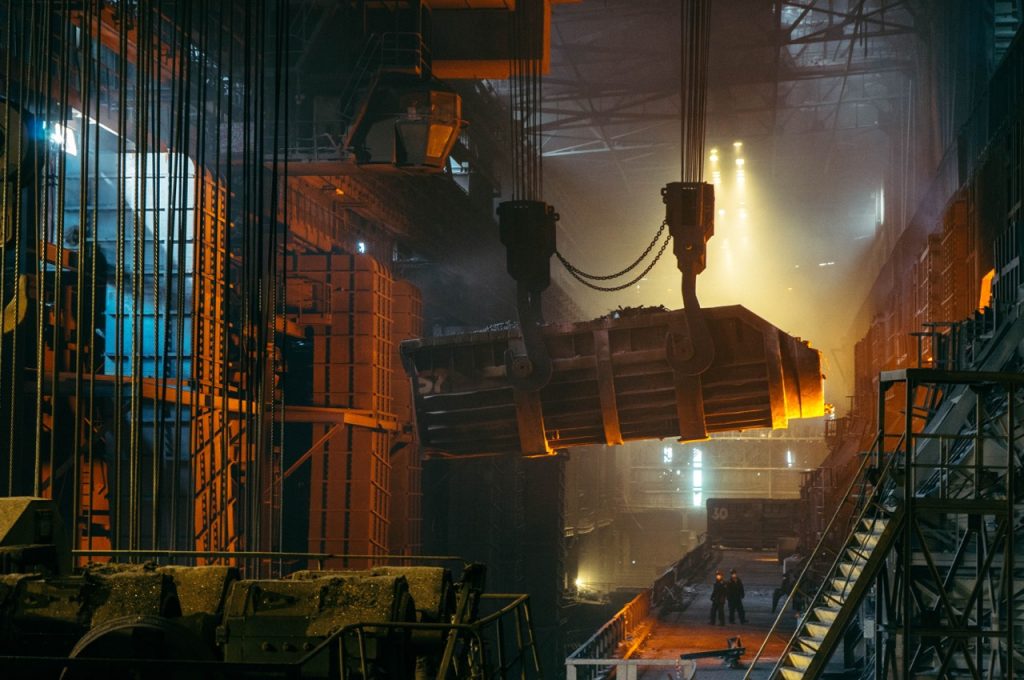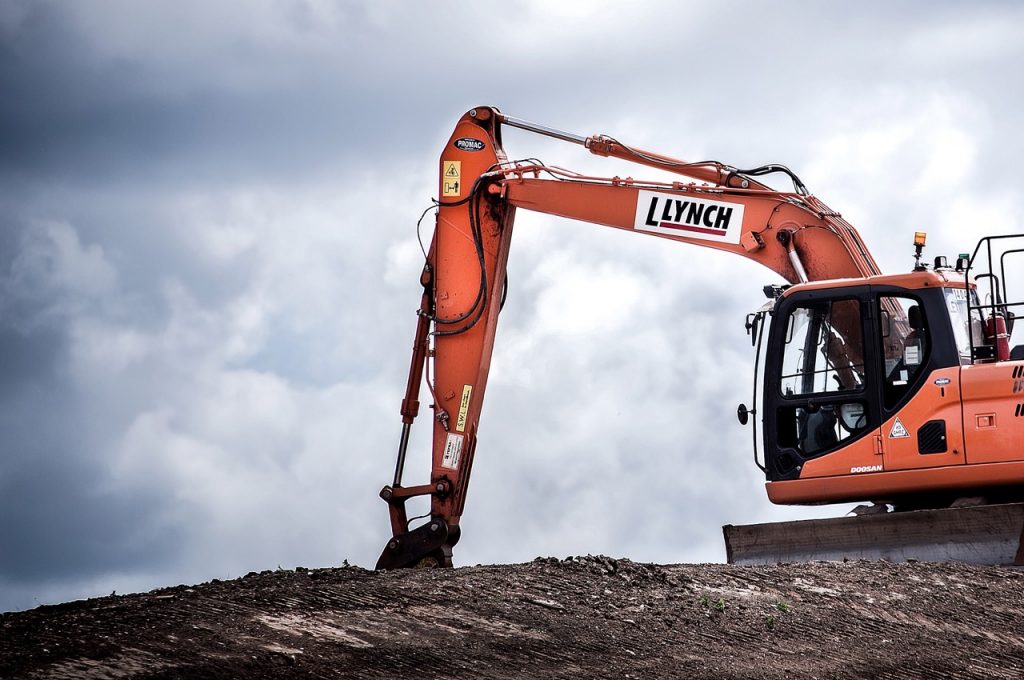A career in the civil construction industry is a smart move for a variety of reasons. Civil construction is an evolving, diverse and necessary industry. Enrolments in civil construction courses are at a high, and they continue to increase.
These courses cover all of the essential construction skills required for building and maintaining all of the day-to-day infrastructure communities need; including all forms of transport, such as roads, airports and railways, to defense and other general construction.
As you can imagine, a wide array of tradespeople with numerous specialized skills are required in order to successfully execute these projects. As infrastructure projects grow, there is always a need for civil construction skills, therefore they will always be in demand.
Whether you’re good at operating machinery or want to specialise in a certain material, there are jobs in construction that are tailored to how you see yourself working.
While on-the-job learning as an apprentice may help you get a foot in the door in your first job, you’ll need to look at further study if you want a long-term career working in civil construction.
A RII30815 Certificate III in Civil Construction Plant Operations is a logical step forward for anyone wanting to further themselves in this industry, and you can choose to specialise in a specific role.
Read on below to find a brief overview of each of the different jobs available in the civil construction industry.
Earthmoving Plant Operators
In this role, you’ll be responsible for operating the machinery that excavates soil, ore and rock. As a plant operator, you will also use machinery to move and load materials, compact surfaces, and break up materials like paving or rocks obstructions.
Earthmoving is a requirement at the early stages and ongoing stages of any major civil project, from quarry work to building a new highway.

Crane, Hoist and Lift Operators
Operators of this kind are in charge of operating stationary and mobile cranes, hoists, lifts and winches.
The main purpose of this role is to successfully and safely move items, including materials, equipment or even people, from one location to another.
In this position, your projects may range from shipyards to mines or even new roadways.
Structural Steel Construction Workers
Steel construction workers deal with steel in all of the different ways it is utilized on a construction site.
This includes erecting and taking down secure scaffolding, assembling rigging to position and moving parts of the structure, as well as other potential uses.
Paving and Surfacing Layers
In this position, your main role would be laying surfaces for roads, footpaths, airstrips and a number of other surfaces, depending on the nature of the job.
You can choose to specialise in bituminous surfaces, which are used for roads and airstrips.
Other Mobile Plant Operators
There are plenty of mobile plant operators other than earth movers. These cover roles like paving plant operators, railway track plant operators, and street sweeper operators.
Jobs in construction require the ability to cope with harsh and sometimes unpredictable outdoor working environments. To be able to work in the civil construction industry, in particular, you’ll have to enjoy practical, hands-on work.
As a labourer or machine operator, you’ll need good hand-eye coordination to ensure your work is carried out precisely and safely. You’ll also need to be accountable for your own work, as well as working well within teams to bring a project to life.

Training Required
If you’re interested in progressing your skills to specialise in one of the above fields, there are a number of ways you can go about it.
To take your first step, however, it is often required that you have completed a traineeship or apprenticeship.
To become an apprentice, you need to have successfully completed Year 10, and you then need to find someone willing to take you on. Talk to your networks, and do your research to make sure you find the right mentor to help you through this early stage.
You can also find a apprenticeship through a professional association, with the confidence that you’ll be put in contact with someone who abides by the necessary regulations and requirements.
For those already working in the civil construction industry, you’ll be looking to boost your skills through specific civil construction courses. Depending on your current experience level, this might be anything from a RII30815 Certificate III in Civil Construction Plant Operations to a diploma.
You can also take part in short courses if you would prefer to get a taste for a profession before diving in head-first.
Contact CWBTS today to learn more about our range of courses, including our online learning options.
With flexible learning options that often allow you to keep working while you study, it’s an economical way to further your career, quickly, without sacrificing your income.
Whichever path you choose, there are jobs in construction for every skill set and level, and clear pathways to reach them.
So what are you waiting for? Get in touch with CWBTS to chat to our team of trusted advisors about taking your next step. Give us a call on 1300 4 CWBTS or get in touch here.





